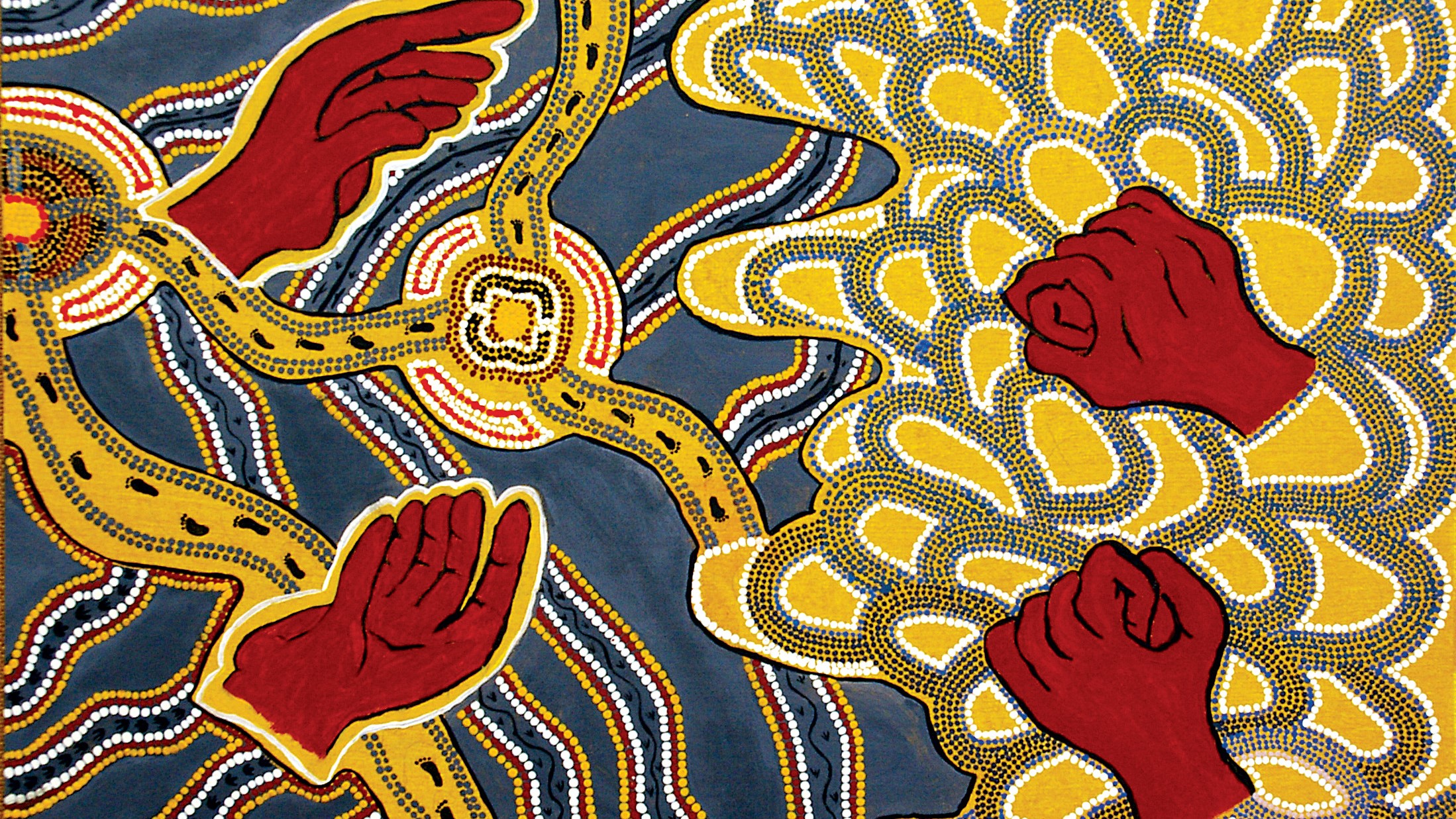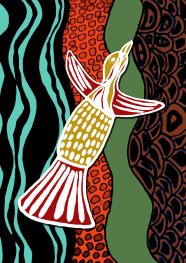
2014 Seminars
Presentation Type
Presentation
Location
The University of Notre Dame Australia, Broome Campus
Start Date
13-11-2014 12:30 PM
Description
Increasingly in Australia the responsibility to manage large tracts of land is being handed back to Indigenous groups. These groups now have both cultural and legal responsibilities to actively manage country. Significant funds have been invested both by private and public sectors to support this, yet many projects remain extremely fragile and reliant on outside help and support even after many years of operation.
To be effective, communities not only require financial resources but also need large reserves of social and human capital. Due to a multitude of factors many Indigenous communities don’t have these key elements and as a consequence are unable to effectively assert their land rights and interests to manage land effectively. This jeopardises the very core of what many elders past and present have fought so long and hard to achieve.
Recommended Citation
Bailey, Sam, "Stories from Papua New Guinea & Kalimantan (Indonesia) – Indigenous Land Management – Winston Churchill Fellowship" (2014). Talking Heads Seminar Series. 8.
https://researchonline.nd.edu.au/nulungu_talkingheads/2014/schedule/8
Stories from Papua New Guinea & Kalimantan (Indonesia) – Indigenous Land Management – Winston Churchill Fellowship
The University of Notre Dame Australia, Broome Campus
Increasingly in Australia the responsibility to manage large tracts of land is being handed back to Indigenous groups. These groups now have both cultural and legal responsibilities to actively manage country. Significant funds have been invested both by private and public sectors to support this, yet many projects remain extremely fragile and reliant on outside help and support even after many years of operation.
To be effective, communities not only require financial resources but also need large reserves of social and human capital. Due to a multitude of factors many Indigenous communities don’t have these key elements and as a consequence are unable to effectively assert their land rights and interests to manage land effectively. This jeopardises the very core of what many elders past and present have fought so long and hard to achieve.




